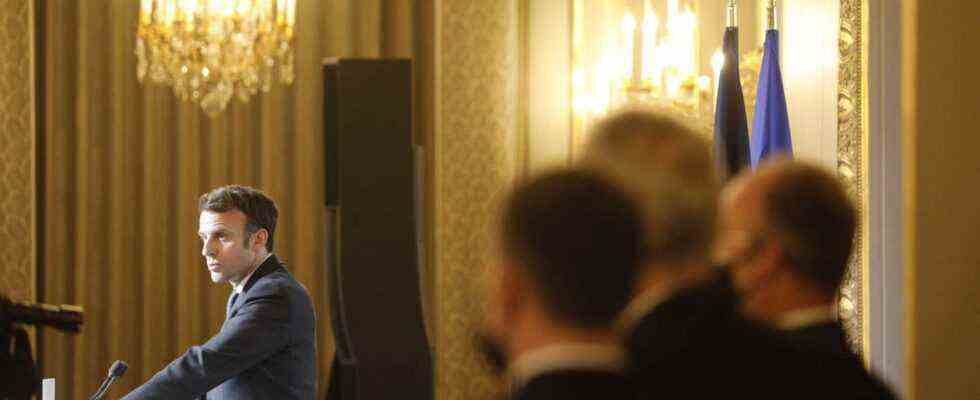David Cormand (EELV): Hello Rico, as a good Norman, I would tell you ” Yes and no “. Yes, because to succeed in a union, two things are needed: a shared analysis and proposals and sincerity in the desire to unite. On the first point, there are differences that are clear and known. This is not necessarily serious, but it is a reality. And without political leadership and the vote of the citizens, how can they be decided? That’s what elections are for.
And on sincerity, it would really be in bad faith to consider that she is there… Look, for example, at how Anne Hidalgo talks about environmentalists… Sometimes we are suspect sectarians on Republican subjects, sometimes we should unite us… People are not stupid. They see the duplicity in these ways of doing things. It must therefore be assumed. That doesn’t mean we can’t come together. But I am used to saying that, paradoxically, it is clarity that unites and ambiguity that divides.
My conviction is that we are at the end of a political cycle with the collapse of social democracy, the emergence of populism, etc.
Faced with this, there are two analyses: the first is to say, we must mend the decomposition of the traditional left by adding a little ecology around a lowest common denominator. It is a logic of accompaniment. And there is a logic of rupture, of moving on to something else thanks to political ecology. This logic is that of transformation. And it’s ours.
Mathilde Imer (popular primary): The answer is clearly no and for three basic reasons.
1- The level of urgency!
Yes, if emergencies were not so important, perhaps we would have the possibility of answering yes to your Rico question, but when the IPCC scientists tell us that we have ten years to respond to climate issues and that one in ten French people line up in front of food banks to eat at the end of the month, I’m not sure we have this luxury.
2- The level of programmatic convergence.
Of course, there are differences between the candidates, this is not to deny them, but let’s be serious, it is clear that we have a lot more things that unite us than what divides us. Moreover, in May for five weeks, we met two to four hours a week with representatives of more than ten political parties (including EELV, LFI and the PS) to draw up a “ common ground “. Even when there are disagreements, it is often a question of nuances more than of deep divergences, this is moreover what Dominique Méda and Lucas Chancel express, like many intellectuals and voters in his op-ed published in The world.
3- The political context and a 30% extreme right.
Finally, our differences are nothing when we look in the face, our real adversaries, who will do nothing about the climate, social and democratic emergency.

